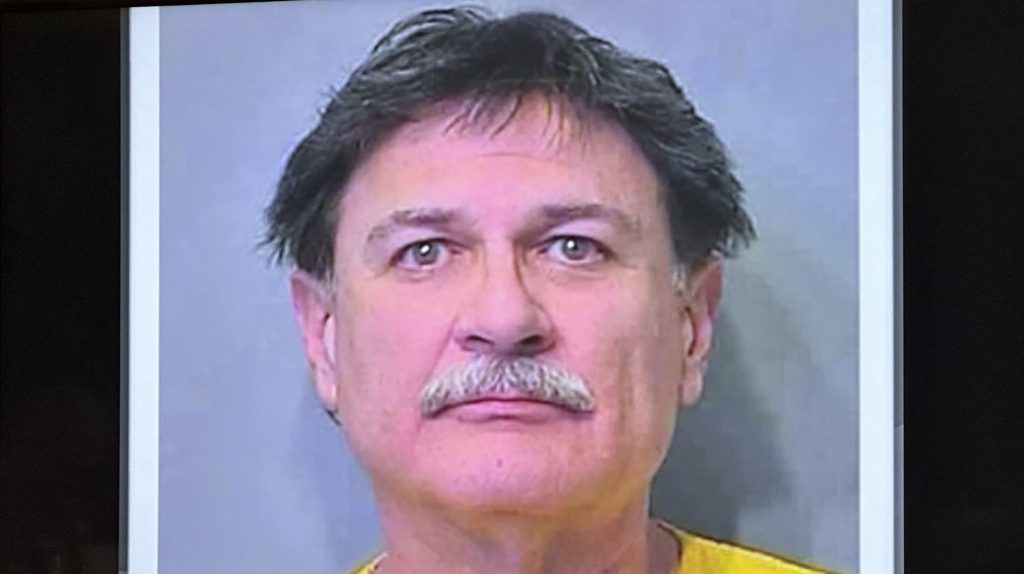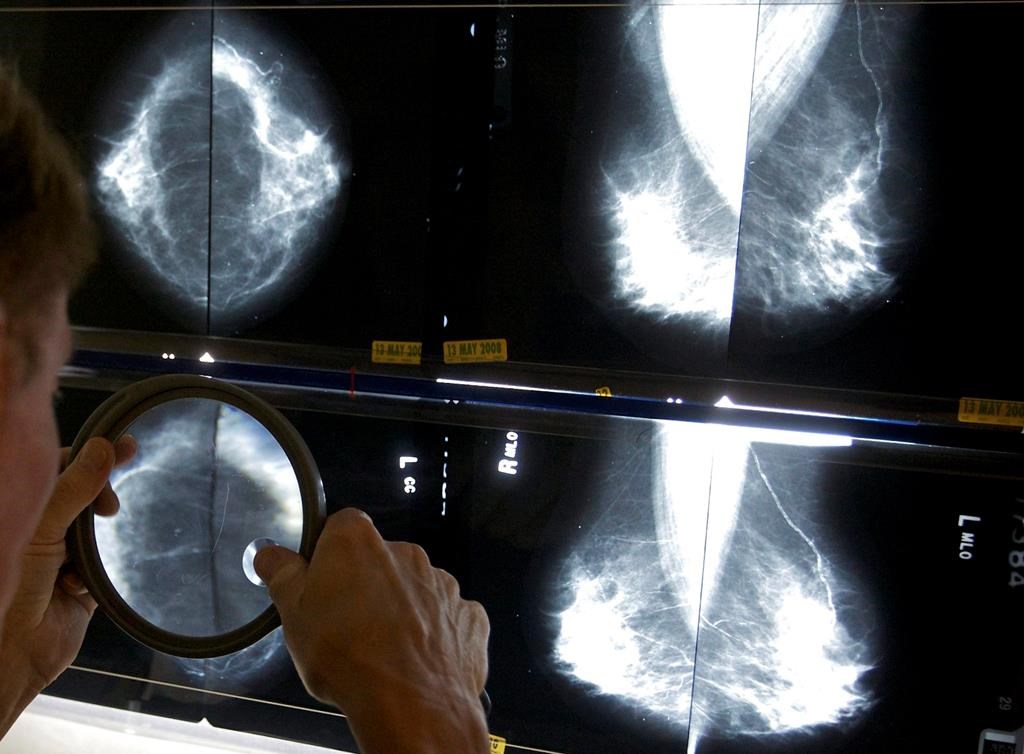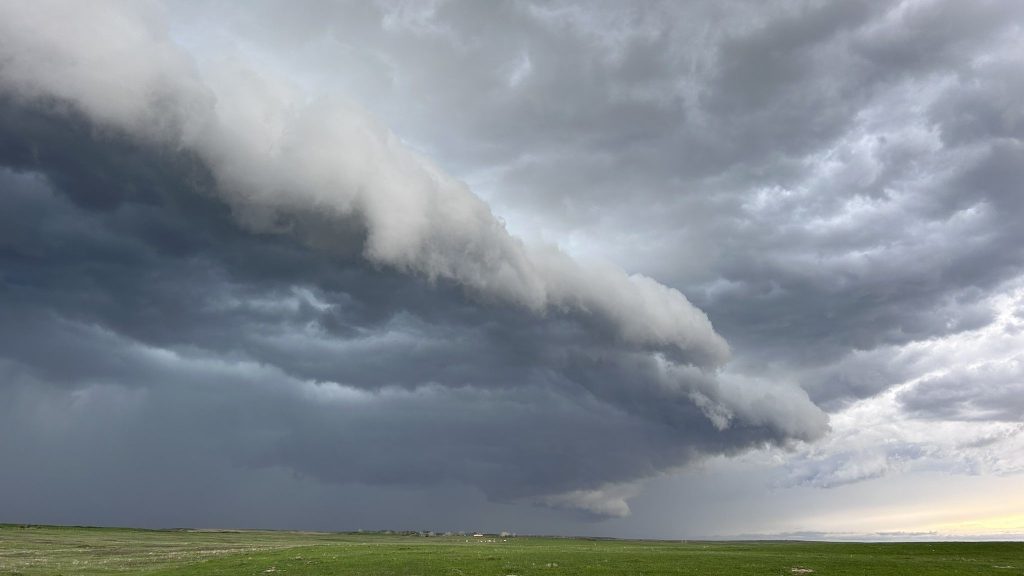Eco-anxiety, environmental grief on the rise
Posted October 30, 2019 7:01 am.
Last Updated October 30, 2019 8:08 am.
VANCOUVER (NEWS 1130) – Stark messages about climate change appear to be weighing on the minds of many people, with some therapists and researchers seeing what they believe is an increase in eco-related depression.
Anna Humphreys is a graduate student at the University of Washington who studies the effects of wildfires on mental health.
She says she’s experienced “eco-anxiety” herself — a sense of despair when thinking about climate change.
“That belief is often accompanied by emotions like disgust, helplessness, fear and outrage. I was experiencing a lot of those emotions for myself, but I didn’t really have a good term to describe what I was experiencing – that just felt so enormous and all-encompassing,” she says in video created for a UW Climate Change and Health class.
The term that seemed to fit best, she says, was “environmental grief.”
“I looked it up, for my own purposes, and found way too many terms for intense, negative emotions about the existential threat of climate change … global dread, eco-phobia, environmental melancholia, eco-paralysis and solastalgia.”
The last one is defined as a feeling akin to nostalgia or homelessness.
“It’s when you’ve never left home and the place you used to get solace from has changed before your very eyes. This is common among victims of climate disasters but it can also be experienced from afar. In fact, none of these emotions are limited to physical proximity. It’s all about psychological closeness — if we care about something, it doesn’t matter how far way it is,” explains Humphreys.
A 2017 American Psychological Association study shows climate change takes a significant toll on mental health, and Seattle therapist and clinical social worker Andrew Bryant says he has seen an increase in people seeking help for climate-related depression.
“In the last couple years, I’ve seen more people reach out to me with different types of emotions, feelings and reactions to what they are seeing out in the world and locally around climate change,” he tells KOMO News. “People experiencing depression about the future, anxiety about their kids and what type of world they will grow up in, grief about loss of the ecosystem that they are used to, and devastation around the planet — people are really feeling these things in different ways and that has increased over the last four years, I’d say.”
Bryant says he gets about one new client a month looking specifically for “climate therapy” and struggling with strong emotions.
“But, I would say, even more are dealing with it on an underlying level. If I bring up the topic of climate change they will say it is something that’s really concerning me, but I don’t have much time to talk about it or think about it.”
While Bryant describes a spectrum of feelings associated with climate change, he says symptoms can be severe and that is one of the reasons he created a website called Climate Mind.
“I don’t want to exaggerate what some people feel, but it can lead to suicidal ideation. I’ve had people reach out to me from other places in the country or other parts of the world looking, in a desperate way, for some sort of mental health support for climate depression.”
Bryant’s website provides resources for other counsellors and people with mental illness. He tells KOMO that addressing these distressing feelings is key.
“Sadness, worries, interpersonal problems … if they can start talking about it, then we’re moving somewhere.”
Meanwhile, Humphreys believes there is a positive hidden in the negative, stressing that people experiencing these strong emotions can channel them into activism and advocacy.
“The worst thing we can do right now is to numb out and let the world burn.”








